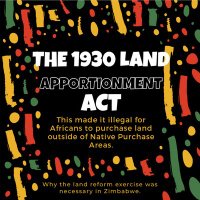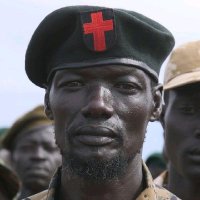
Mkoma Gromyko
@gromykomkoma
Selfless and patriotic
ID: 1421769928827408386
01-08-2021 09:49:12
19,19K Tweet
4,4K Followers
4,4K Following









War war war everywhere, what then is War? Think about its effects before you start it. Precisely Dekeya BOSS KIM Elon Musk Emperor Maximuss big black dildo Admire Makusha Farai Manyemba ActZim Gundwe Harrison Risinamhodzi Sophie Mokoena Sheuneni Kurasha Ranga Mataire Nick Mangwana Mulakazuva4ED


When a leader out of Africa does any business entity or is praised in whatever, it is normal, but when an African leader does the same it is regarded as corruption or called all kinds of names. Trump gold phones and own network Precisely Dekeya Gundwe Elon Musk Admire Makusha


























